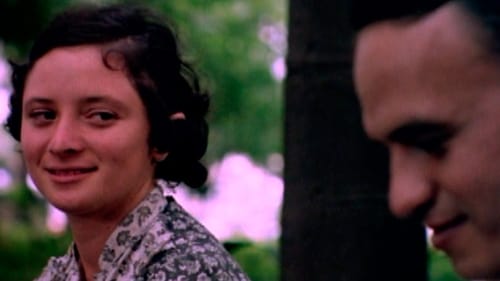Suzana Amaral
Birth : 1932-03-28, São Paulo, São Paulo, Brazil
Death : 2020-06-25
History
Suzana Amaral (born March 28, 1932 in São Paulo) is a Brazilian film director and screenwriter. She is best known for the 1985 film A Hora da Estrela.
Description above from the Wikipedia article Suzana Amaral, licensed under CC-BY-SA, full list of contributors on Wikipedia.


